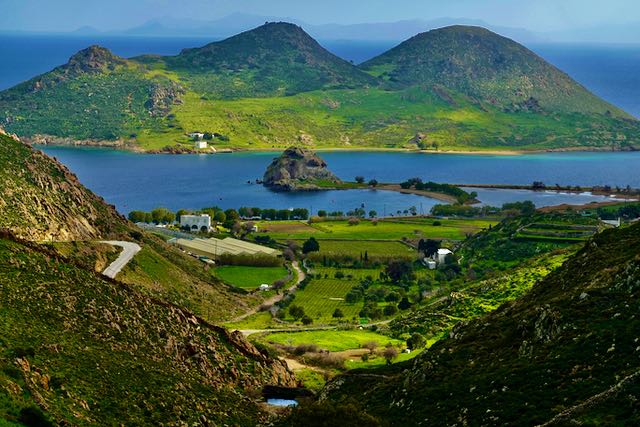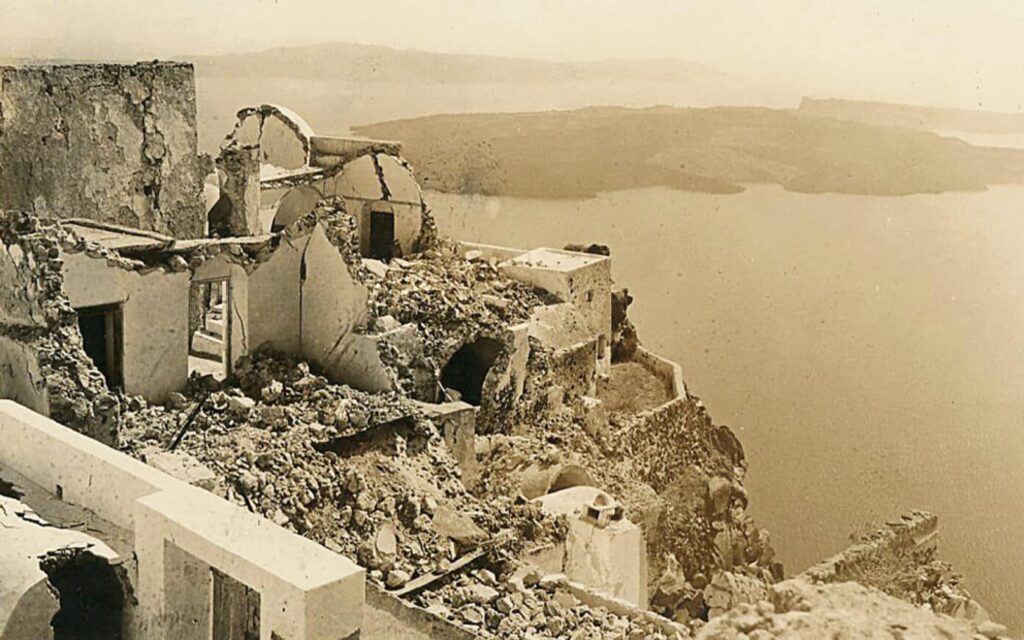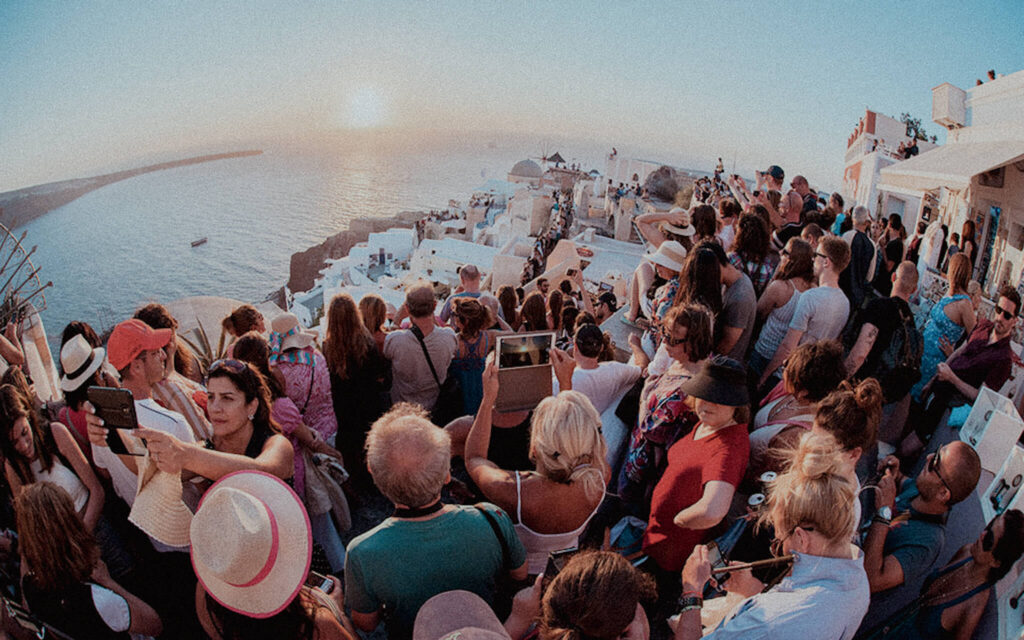A few weeks ago, I did a interview on Talk Radio Europe about my new book, An Island to Myself: The Place of Solitude in an Active Life. To prepare for it, I wrote out some ‘talking points.’ I thought they might be useful to those thinking of buying or recommending the book, so here they are.
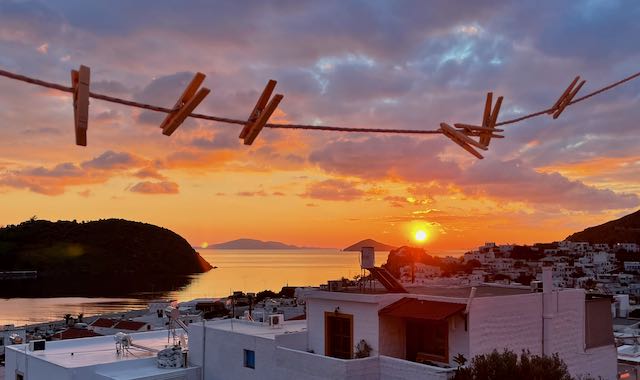
1. The book is mostly a memoir, centered in my experience living alone on the island of Patmos in Greece 40 years ago, when there were no cellphones, laptops or internet, and a phone call was absurdly expensive. I was 6,000 miles from home, in the middle of winter, on a remote island where I knew no one. The experience changed me.
2. Being alone for that long as a young man gave me a chance to know myself on a deeper level, to learn that our potential is much greater than we think, and to believe for the first time that I was a writer. A creative writer.
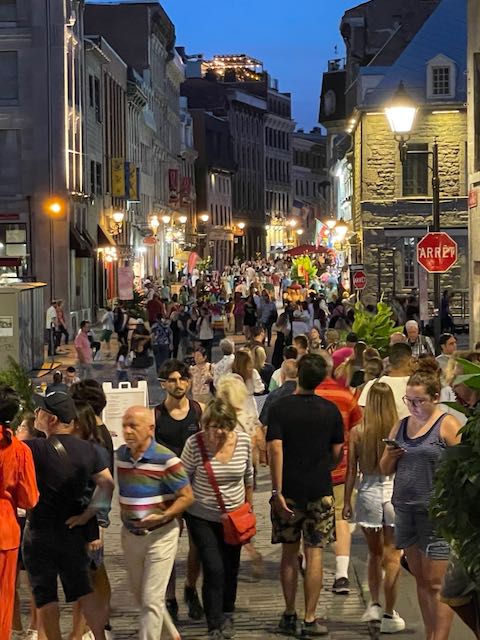
3. In this age when we are assaulted by opinions, ads and media from all directions, solitude is more necessary than ever. It gives you a rest from the noise and confusion and allows to you get to know yourself—your thoughts, opinions and beliefs—without the pressure of other people’s views.
4. Solitude can start with something as simple as turning off the notifications on your smart phone or taking the ear buds out of your ears and being alive to the world around you.
5. Among the places I’ve found solitude are libraries, trains, parks, a forest, a retreat center, and even with my mother in a small park near the care facility she lived in at the end of her life.
6. The book talks about solitude in relation to creativity, grief, overwork, spiritual contemplation, appreciation of nature, and the need simply for rest.
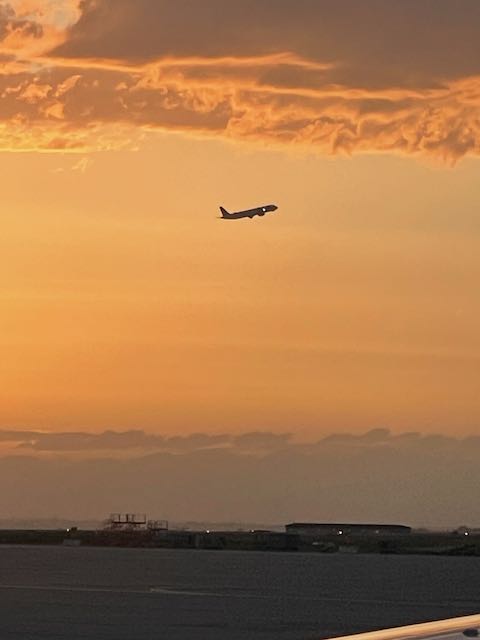
7. Much of the book is set in Europe because it is about the dozen years I led tours throughout Europe, including Spain and Portugal, Greece and Turkey, and, in the days just after the Berlin Wall fell, some of the first trips by Westerners into Eastern Europe.
8. At its core, it’s one man’s story of how solitude has affected his life over decades, with quotes from writers, thinkers, and spiritual figures—and tips along the way for benefiting from solitude yourself.
9. It includes the harder parts of solitude too, including the threat of loneliness and the fact that when you isolate yourself and reflect on your life some of the things that come to you will be uncomfortable. In solitude you have the time and space to work through those things.
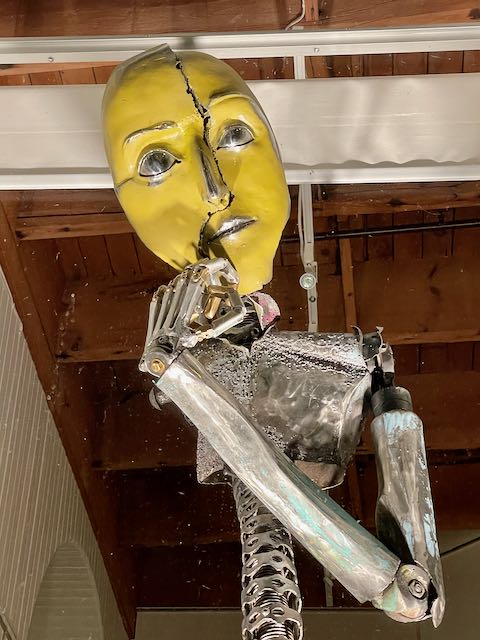
10. Solitude vs. loneliness. I think solitude is actually an antidote to loneliness. Loneliness comes when we measure ourselves against society’s expectations—or our perceptions of society’s expectations. In choosing solitude, you’re also choosing to let go of those expectations and find out what your real interests, beliefs, and desires are. When you return to the world, you can pursue these truer interests instead of listening to others’ agendas for you and the world.
11. One thing it’s important to stress is that solitude is never for yourself only. It’s always for others too. By taking time to be alone, you find rest and you learn more about yourself. This allows you to return to the company of others fully alive, fully yourself, with something unique to offer. You can cut through the superficiality that tends to dominate our social lives.
12. The book is a bit of a travelogue too. The reader journeys along with me to this beautiful island in the Aegean, sees the land and the sea, and meets some of the Greek islanders who treated me with such love and care.
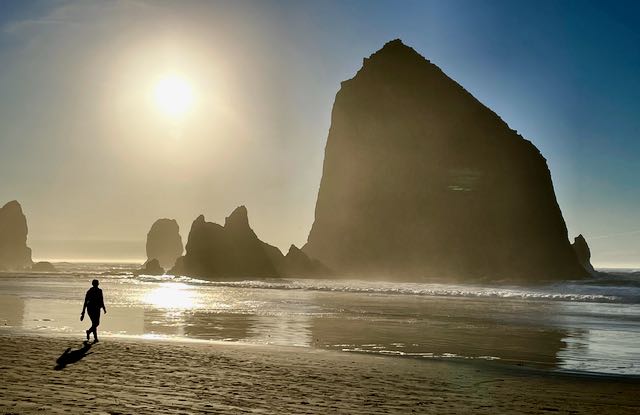
13. You don’t need to go to a Greek island to reap the benefits of solitude. You can do it in a closet in your home or a nearby park or a library—anywhere you can find a quiet space in which to spend time away from others and your usual life. You can even do it among others if you maintain your quiet while walking or running or biking through the world.
14. Solitude teaches you to slow down, be patient, and pay attention to the world around you as well as the one inside you. It opens you up to things you haven’t had time to notice, including spiritual dimensions of life.
All photographs: © Michael N. McGregor
Note: I’m an affiliate of Bookshop.org, where your purchases support local bookstores. If you buy a book through a click on this website, I’ll earn a small commission that helps defray the costs of maintaining MichaelNMcGregor.com.
